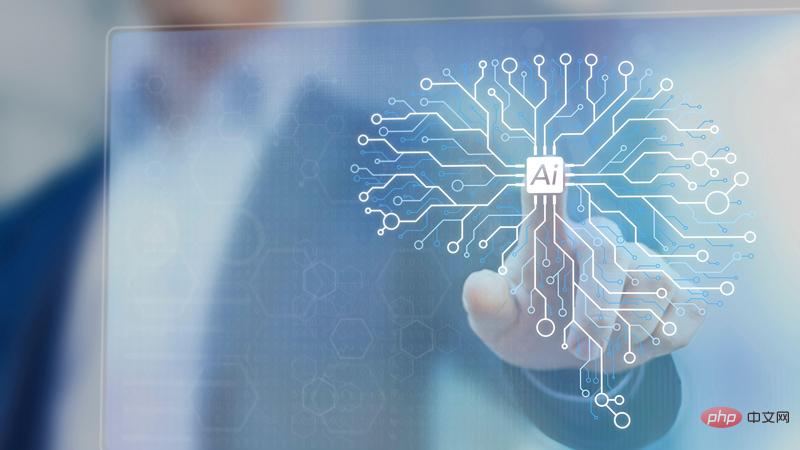Home >Technology peripherals >AI >The EU seeks to reach agreement on regulatory rules for generative AI such as ChatGPT within this year, and plans to attach an 'AI-made' label to AI-generated content
The EU seeks to reach agreement on regulatory rules for generative AI such as ChatGPT within this year, and plans to attach an 'AI-made' label to AI-generated content
- WBOYWBOYWBOYWBOYWBOYWBOYWBOYWBOYWBOYWBOYWBOYWBOYWBforward
- 2023-04-28 09:34:121481browse

According to news on April 25, European Commission Executive Vice President and Competition Commissioner Margrethe Vestager said in an interview with Nikkei News on April 24 that the EU hopes to This year, we will reach an agreement on the regulatory rules for generative AI such as ChatGPT. “The sooner the better.”
Vestager said that the EU plans to require companies that provide generative AI services to explain the reasons and ethical standards for their relevant decisions. Additionally, Vestager floated the idea of attaching a “Made in AI” label to content such as AI-generated text.
Generative AI is an artificial intelligence technology that can learn from data and create new content, which has attracted widespread attention and discussion in recent years. It has huge potential and challenges, and may have a profound impact on areas such as creative industries, social security and human rights.
IT House inquired about relevant reports and learned that the European Parliament is considering adopting a three-tier regulatory plan, targeting the value chain, basic model and specific content of generative AI. Specifically, the first layer of rules will apply to all general purpose AI (GPAI), regardless of size or model type, and will mainly regulate the responsibilities and obligations between providers and users of generative AI. A second layer of rules will apply to underlying models, that is, those generative AI models that are powerful and versatile, requiring their providers to adhere to certain transparency, quality and accountability requirements before launch and during use. The third layer of rules will apply to specific types of generative AI content, such as large language models or AI that generates art and music, requiring their providers to comply with some special restrictions and requirements on content generation, such as preventing the creation of false information and defamation. or copyright infringement and other issues.
The EU Parliament stated that this layered regulatory scheme aims to ensure that generative AI can develop in line with human values, safety and trustworthiness, and to avoid evading supervision or causing unforeseen consequences. risk. At the same time, the European Parliament also called on other countries and regions to join international cooperation and jointly develop some basic principles and standards to govern generative AI.
Generative AI is one of the most cutting-edge and controversial technologies in the field of artificial intelligence. It can not only improve efficiency and productivity, but also unleash creativity and imagination. However, it can also present ethical, legal and social challenges and needs to be used with caution and responsibility.
The above is the detailed content of The EU seeks to reach agreement on regulatory rules for generative AI such as ChatGPT within this year, and plans to attach an 'AI-made' label to AI-generated content. For more information, please follow other related articles on the PHP Chinese website!
Related articles
See more- Technology trends to watch in 2023
- How Artificial Intelligence is Bringing New Everyday Work to Data Center Teams
- Can artificial intelligence or automation solve the problem of low energy efficiency in buildings?
- OpenAI co-founder interviewed by Huang Renxun: GPT-4's reasoning capabilities have not yet reached expectations
- Microsoft's Bing surpasses Google in search traffic thanks to OpenAI technology

